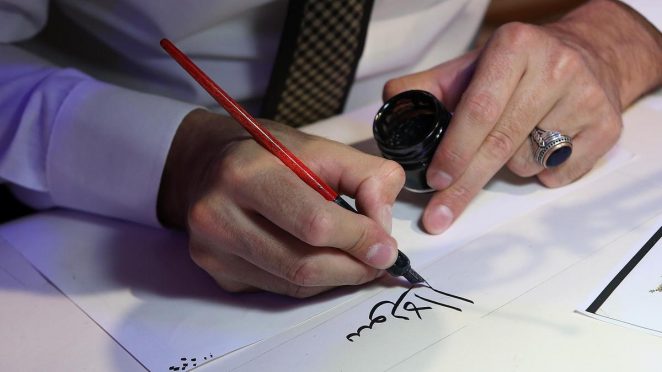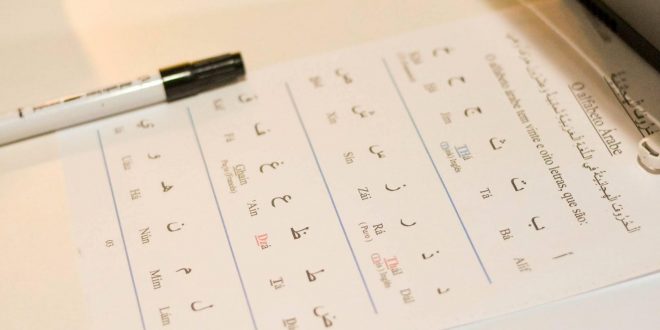Before you start studying any language, you might wonder why you want to study that particular language in the first place. Today, we’re going to make the case for why you should study Arabic.
The Arabic language is like no other language in the world, and perhaps that is one of the main reasons for you to study Arabic – its uniqueness! Here’s what we mean:
There is No Arabic Alphabet
Arabic does not contain an alphabet but rather a type of writing system known as an abjad which is made of symbols or glyphs that represent consonants but no vowel sounds. The reader is expected to supply the vowels using diacritical marks where the vowels are supposed to go.
Arabic is the Fifth Largest Language in the World – and Growing!
In 2019, there are approximately 295 million native speakers of Arabic (up from 280 million in 2017) making it the fifth most spoken language in the world behind Mandarin Chinese, Spanish, English and Hindi, in respective order.
Arabic words are constructed from basic root letters
Much like many English words are constructed of root words, Arabic is made of root letters that can help you understand the meaning of the word. For example, when the letters “h-b” fall together in the word, it nearly always has something to do with “love”. Likewise, if three letters such as “s-l-m” fall together in a word, you can be sure that the meaning of the word has something to do with “peace”.

Learn New Sounds Found in No Other Language
Arabic is sometimes referred to by native speakers as “the ‘DH’ (ذ) language because this sound is found in no other language in the world. Another sound not found in any other language is “ح”, which is an “h” and pronounced as if you are breathing into a mirror to create a mist, as in the word hub or “love”.
Poetry is the Oldest Form of Arabic Literature
Speaking of love, Arabic poetry dates back some 16 centuries to the Arabian Peninsula. Isn’t that a romantic enough reason to study Arabic?
Arabic Words can be Found in English
If you’re thinking to yourself: “I want to study the Arabic language”, the good news is you probably already know some Arabic words. There are many words that English has either directly or indirectly “borrowed” from like alcohol, algebra, algorithm, and cotton.
Same Language, Different Dialect
Because it started out as a mostly oral language until the advent of Islam, Arabic is spoken in 22 countries today, each with their own regional dialects.
The Arabic language is such a rich and rewarding language to learn, we’re sure its uniqueness will enrich your life in ways you could never imagine.
We hope these unique and interesting facts about Arabic have inspired you to want to learn Arabic language skills more. If this article piqued your interest or inspired you, we invite you to visit our website at kaleela.com where you can find out more about the Arabic language and Arab culture. And be sure to stand by for our premier Arabic language learning app – Kaleela launching in a few days!
 Vermont Republic Second Vermont Republic
Vermont Republic Second Vermont Republic




